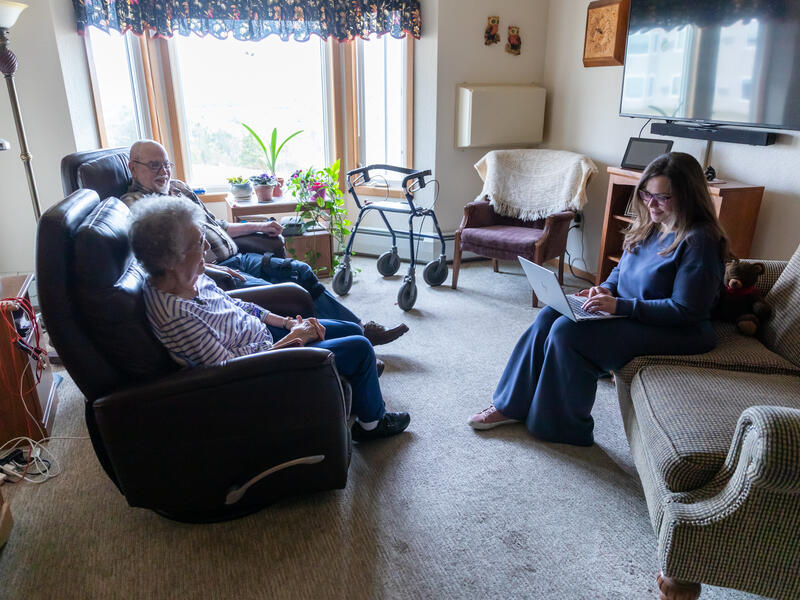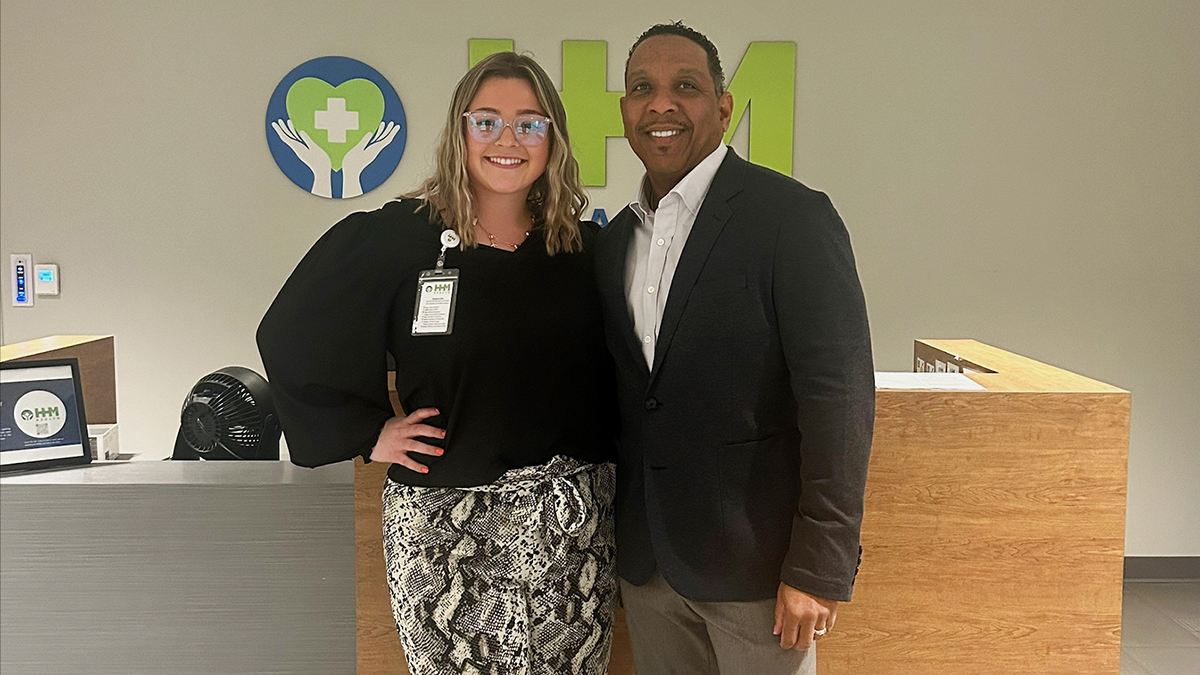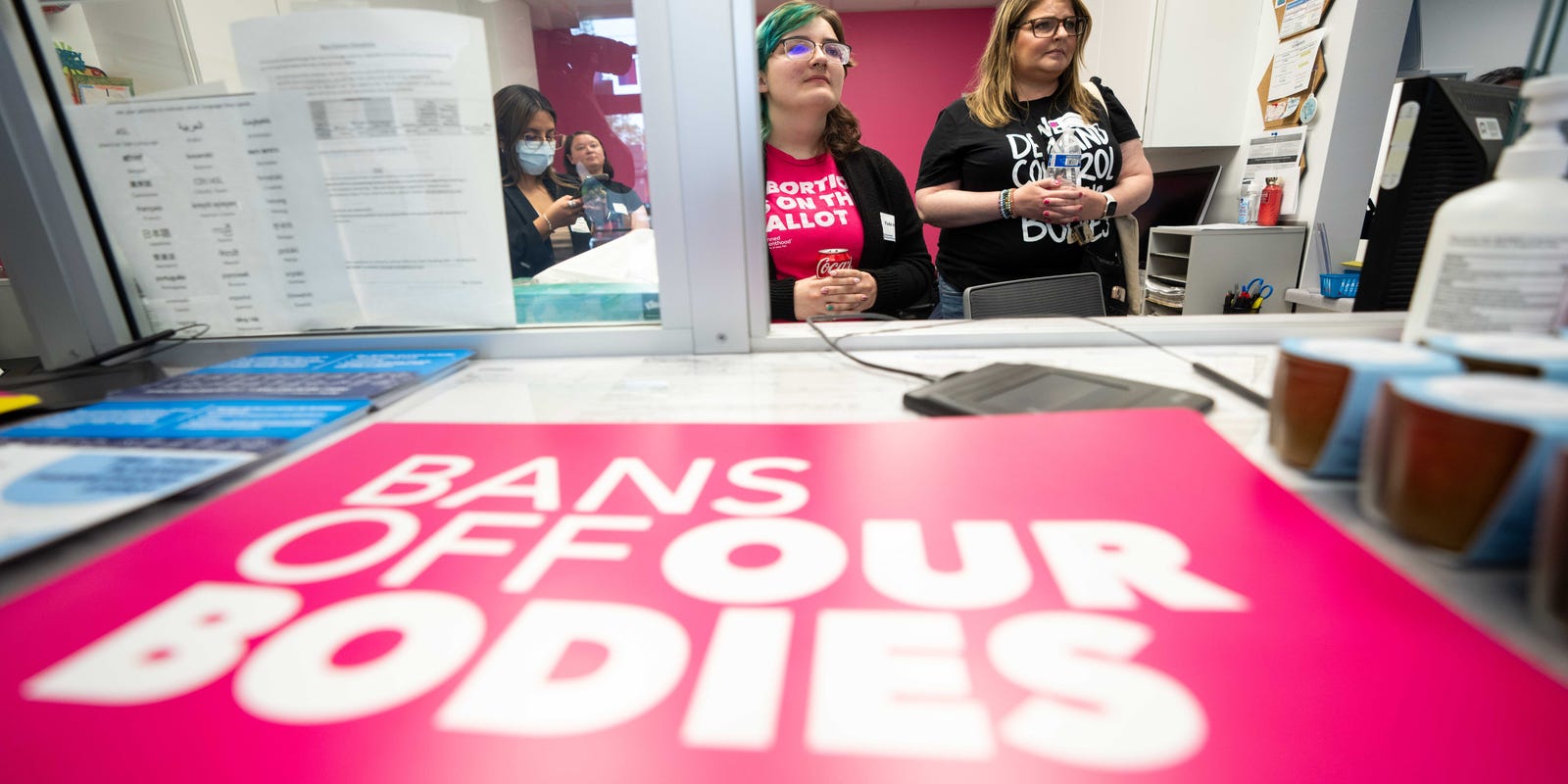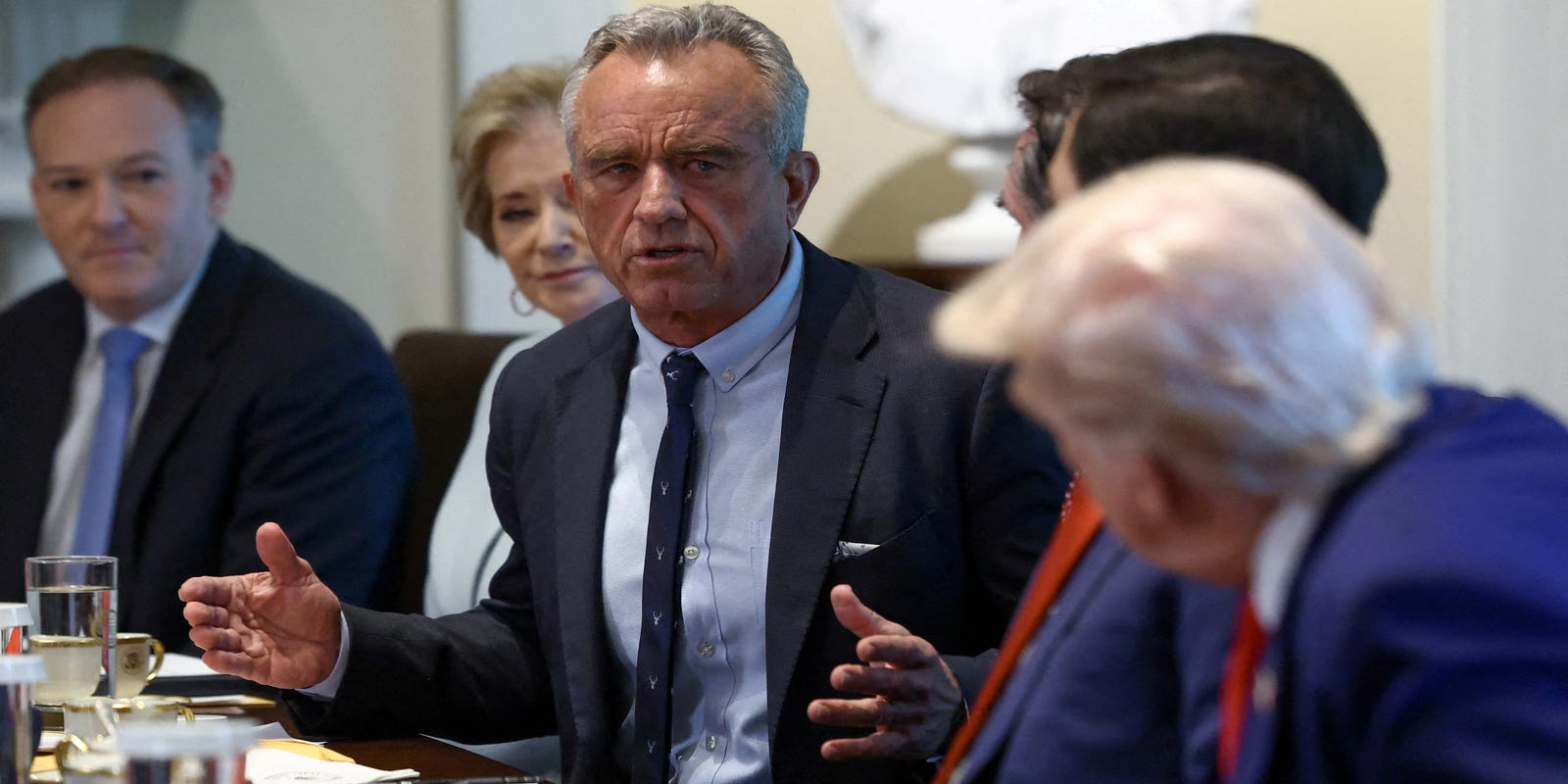
Local Health Hero: Nursing Leader Recognized for Exceptional Care and Management
Sarah Angelo stands at the forefront of compassionate healthcare, bringing her expertise and dedication to the Good Samaritan Society - Home Health of the Black Hills. As a registered nurse and skilled administrator, she seamlessly blends professional excellence with genuine care for both her employees and clients. With a passion for healthcare that goes beyond traditional boundaries, Angelo champions the well-being of her team while ensuring top-quality patient care. Her role extends far beyond administrative duties, as she actively advocates for her staff and creates a supportive work environment that reflects the core values of compassionate healthcare. As an RN with leadership responsibilities, Sarah Angelo embodies the true spirit of healthcare - connecting professional skills with heartfelt service. Her commitment to the Black Hills community shines through in every aspect of her work, making a meaningful difference in the lives of those she serves.









